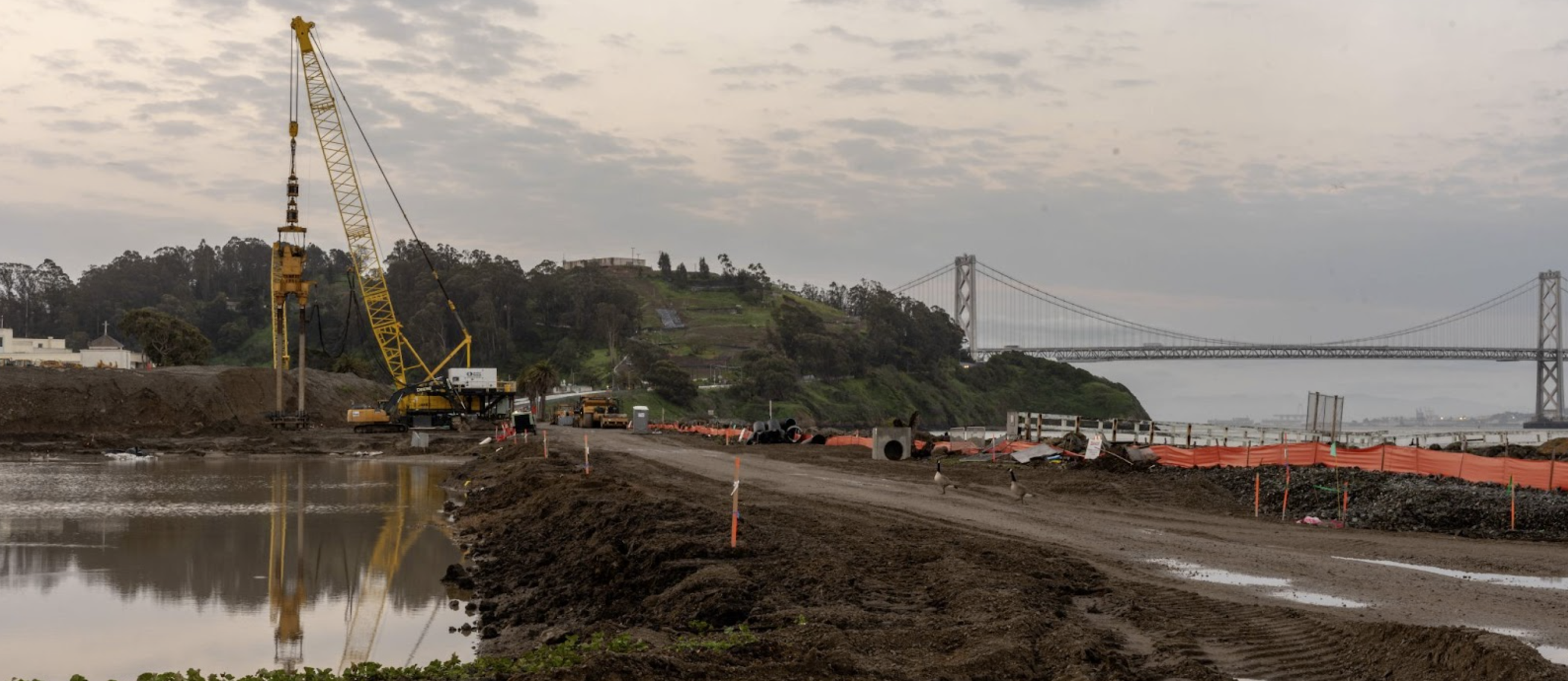What should the Bay Area's first ever regional housing agency do to advance a future housing system that is more equitable and just?
The Bay Area Housing Finance Authority (BAHFA) is the state’s first regional housing finance agency, authorized through state legislation (AB 1487) in 2019. BAHFA is a joint effort of the Metropolitan Transportation Commission (MTC)/the Association of Bay Area Governments (ABAG), who have partnered with a wide array of community partners, technical experts, and researchers to build a business plan that will create a more equitable housing system in the Bay Area. BAHFA presents a historic opportunity to respond to the region’s crises of housing affordability and social inequity.
BAHFA will lead in providing new financing tools to the region’s nine counties and raising significant new housing revenue from a variety of sources, that could include a regional ballot measure, state or federal appropriations, as well as philanthropic and corporate contributions. Specifically, BAHFA will raise and allocate funding for a variety of housing interventions across the Bay Area.
BAHFA will focus on comprehensive, data-driven, and equity-focused programs and strategies to address the complex nature of the housing crisis in the region. This involves prioritizing communities that are most impacted by the region’s affordability crisis, especially low-income communities and communities of color. To operationalize its equity focus, BAHFA will be guided by an Equity Framework, which is a written document with concepts, goals, criteria, and metrics that will inform decisions made about the agency’s program offerings and strategic priorities in three areas: production, protection, and preservation ― also known as the “3 Ps:”
- Production: produce new homes at all income levels, with a commitment to use public policy and funding to encourage deeply affordable housing for those most in need.
- Preservation: preserve existing homes affordable to BIPOC and lower- and middle-income residents to guarantee that the current housing stock remains healthy and affordable into the future.
- Protection: protect current residents from displacement and homelessness by ensuring that they have rights and resources to remain in their homes.
Equity Framework Development Process
As part of a consultant team led by Forsyth Street Advisors, the Othering & Belonging Institute at UC Berkeley facilitated the development of the Draft Equity Framework through a process that involved stakeholder interviews, public listening sessions, outreach to local jurisdictions, and iterative co-authoring with an eleven-member Equity Working Group. The Equity Working Group is comprised of stakeholders that represent the region’s communities most impacted by the region’s affordability crisis, especially low-income communities and communities of color. For more information about the stakeholder engagement process, please review the Draft Stakeholder Engagement Report (Appendix C).
Equity Working Group Members
- Aboubacar "Asn" Ndiaye, PowerSwitch Action*
- Allie Cannington, The Kelsey
- Andy Madeira, East Bay Local Asian Development Corporation (formerly)*
- Anthony Carrasco, UC Berkeley*
- Debra Ballinger, Monument Impact
- Duane Bay, East Palo Alto Community Alliance & Neighborhood Development Organization
- Katie Lamont, Tenderloin Neighborhood Development Corporation
- Melissa Jones, Bay Area Regional Health Inequities Initiative
- Poncho Guevara, Sacred Heart Community Service
- Raquelle “Kelly” Myers, National Indian Justice Center
- Steve King, Oakland Community Land Trust
* organizational affiliation listed for identification purposes only


